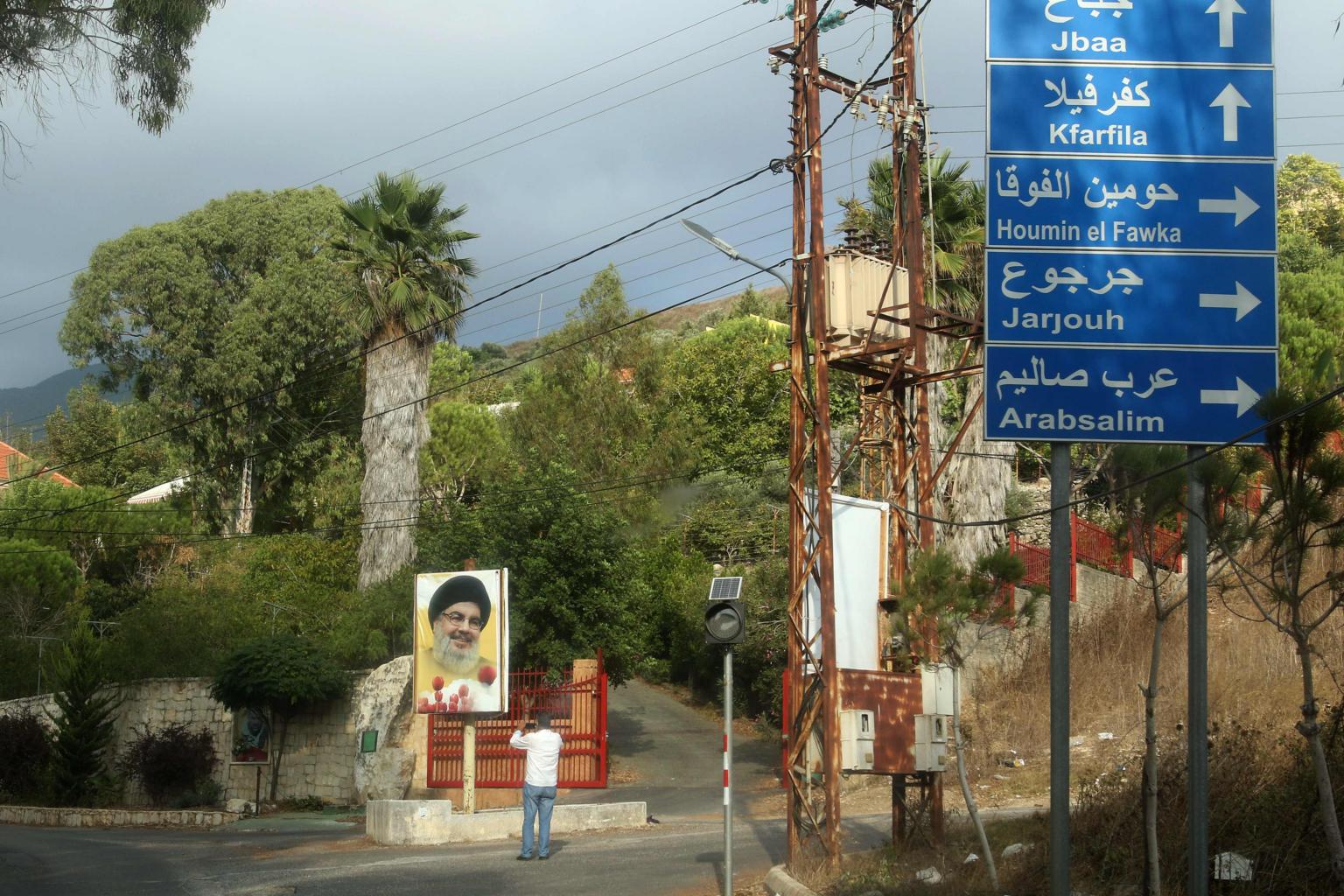Hizbollah member sentenced in absentia over killing of Lebanon's ex-PM Rafik Hariri
Sign up now: Get ST's newsletters delivered to your inbox

The judges added that there was no proof to tie Hizbollah's leadership or its allies in Damascus to the attack.
PHOTO: AFP
Follow topic:
BEIRUT (NYTIMES, AFP) - A UN-backed tribunal in The Hague on Friday (Dec 11) sentenced a member of the Hizbollah militant group to life in prison after convicting him in absentia of conspiring in the 2005 car-bomb attack that killed former Prime Minister Rafik Hariri of Lebanon.
The defendant, Salim Ayyash, was convicted in August on five charges related to the attack, and on Friday the court sentenced him to a life sentence for each one, to be served concurrently.
But the sentence was entirely symbolic because Ayyash, whose whereabouts remain unknown, was tried in absentia.
That means that if he is apprehended, he will have to be tried all over again.
Hassan Nasrallah, the head of the Shi'ite Hizbollah movement, refuses to hand him over, alongside three other defendants who were eventually acquitted.
The sentencing was a muted final note to a vast and expensive effort to bring the perpetrators of the most significant political assassination in Lebanon's modern history to account.
But after millions of dollars spent on investigating and trying suspected perpetrators of the 15-year-old crime, not a single person has been punished.
Judge Janet Nosworthy announced the sentence in a session held partly virtually because of the coronavirus, saying that Ayyash's grave crimes deserved harsh punishment.
"Lebanon is a parliamentary democracy," Judge Nosworthy said.
"Its politicians and leaders should be removed from office at the ballot box rather than by the bullet or a bomb."
The special tribunal was established at the behest of the UN Security Council in 2009 after Lebanon failed to investigate the crime.
It can only try individuals, but Judge Nosworthy said that a state had most likely been behind Mr Hariri's killing and that the country with the most to gain from it was "most likely Syria".
She also suggested that Iran-backed Hizbollah, a powerful militia and political party that the United States and other countries consider a terrorist organisation, had been protecting Ayyash from being arrested.
The court issued new warrants for Ayyash's arrest and authorised its prosecutor to request a "red notice" from Interpol, the international law enforcement organisation, asking its member states to secure Ayyash's arrest.
Mr Hariri served as Lebanon's prime minister until he resigned in October 2004.
He was killed in February 2005 when a suicide bomber detonated a van filled with explosives as his armoured convoy drove past. As well as those killed, another 226 were wounded in the blast.
In their long-awaited ruling in August, judges said there was sufficient evidence to show that Ayyash was at the centre of a network of mobile phone users who scoped out Mr Hariri's movements for months before his assassination.
Legal experts said the sentencing was still important, even without Ayyash in the dock.
"In absentia trials are of course not the ideal way of dispensing international justice," Mr Christophe Paulussen, senior researcher at the Asser Institute in The Hague, said.
The court has cost at least US$600 million (S$800 million) to operate and has so far heard only four cases, two of them for contempt of court about news reports with information about confidential witnesses.

